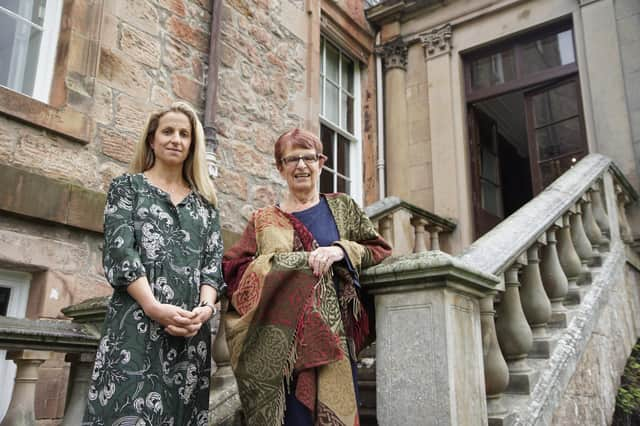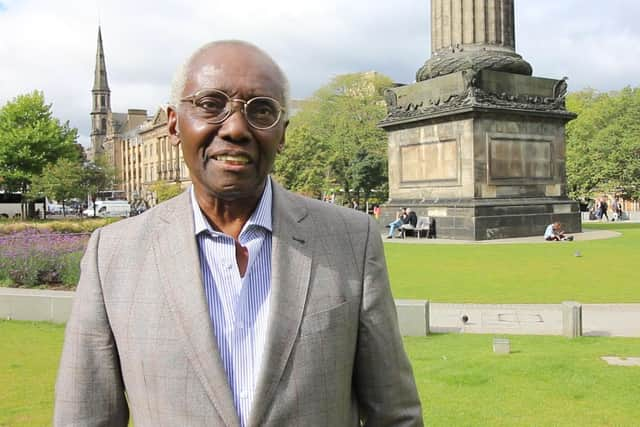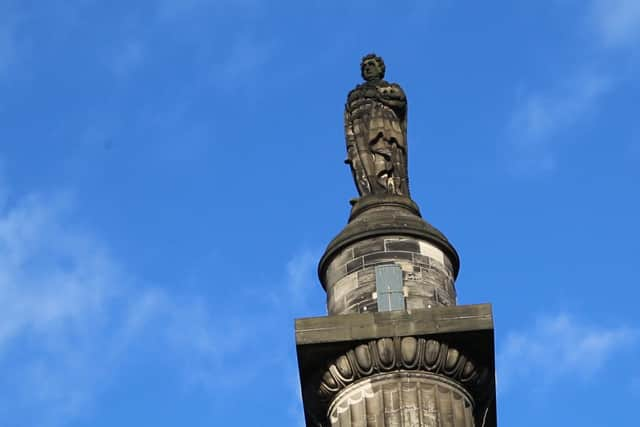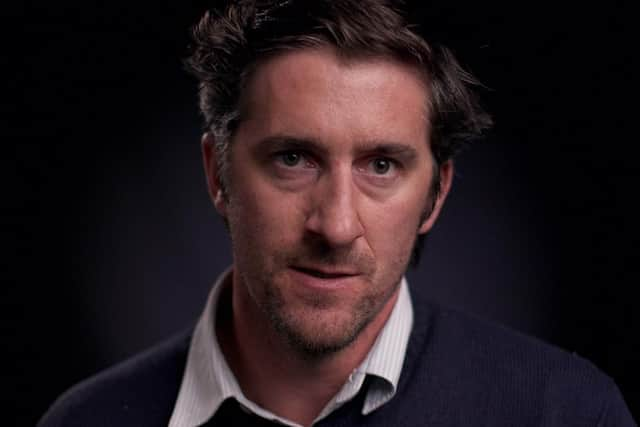Family of politician at centre of statue slavery row say he has been treated like a 'mass murderer'


The actions of Henry Dundas, the 1st Viscount Melville, whose statue dominates St Andrew Square in the city’s New Town, in proposing the gradual ending of slavery, at a time when immediate abolition was being proposed, are said to have resulted in an additional 630,000 slaves being transported from Africa to the Caribbean.
However, campaigners for the removal his statue or the rewording of the plague on the memorial are accused of “sensationalism” and spreading “misinformation” on Dundas by his direct descendants in the BBC Scotland documentary.
Advertisement
Hide AdAdvertisement
Hide AdThey insist that Dundas, who was home secretary at the time, was an “abolitionist” who proposed the gradual abolition of slavery as a way of ensuring that legislation would be passed.


The documentary reveals the sharp divide between historians over his role and motives.
It recalls the long-standing efforts by Sir Geoff Palmer, Scotland’s first black professor, to get the wording on the plaque on the Melville Monument in St Andrew Square altered to reflect his involvement in slavery.
The local authority agreed new wording in the wake of the Black Lives Matter protests around the world.
He tells Tuesday’s documentary: “About 630,000 slaves who were taken into slavery would not have been taken into slavery if Dundas had not set slavery out to be gradually abolished.”


Althea Dundas-Baker, the current owner of Arniston House, Dundas’s birthplace in Midlothian, said the targeting of his memorial, which was the focal point for Black Lives Matter demonstrations and vandalised in the summer, had done a “disservice” to the movement.
She said: “It is simply untrue that my ancestor prolonged the slavery. He had very little to do with it. The people that seem to be so determined to put out this message are in the wrong.
Advertisement
Hide AdAdvertisement
Hide Ad"We take it personally. It boils down to him being falsely accused of something. He is not here to defend himself. As ancestors and family members, it is our duty.”
Her daughter, Henrietta, adds: “It is factually incorrect that Henry was responsible. Effectively he has has been made out to be a mass murderer when, in fact, he was in favour of abolishing slavery. He was an abolitionist.


"His intention was to end slavery, but there had to be a political process. He's been falsely accused of something that is not correct.”
The documentary features an interview with Marianna Spring, a BBC specialist on the spreading of misinformation, or “fake news”, on social media.
She says: "When it comes to those arguing that he [Henry Dundas] was not an abolitionist and that the plaque needed to be put up on the statue, we noticed that the conversation tends to be historians or other pro Black Lives Matter protesters and campaigners. That all appears to be authentic.
"On the other side of the debate, with those who argue that Henry Dundas was an abolitionist, we see examples of inauthentic accounts. They exclusively talk about the particular debate about this statue.”
She added: "It is that focus on a singular topic of conversation by accounts which have been newly established for which we cannot find any obvious background information to suggest who they are or who is running them that would indicate that they are involved in some kind of platform misinformation or seeking to change the conversation.”
However, Bobby Dundas, the 10th Viscount Melville, says: “Henry Dundas would have been supportive today of the Black Lives Matter movement. Why he is being tied up as a scapegoat and vilifying target is ridiculous.”
In the documentary, Sir Tom Devine, one of Scotland's most prominent historians, states: “Dundas to some extent has been scapegoated. The end of the slave trade in the British Empire by government decision in the 1790s was well nigh impossible. Dundas's role in this was either non-existent or peripheral."
However, Diana Paton, professor of history at Edinburgh University, says: “All the distinguished historians who have looked at this topic see Dundas as one of the critical people who made it harder to get abolition of the slave trade through.
“By the 1790s, his motivation is about maintaining British power and, in particular, British imperial power. That is an empire which has been largely based on slavery.”
Scotland, Slavery and Statues will be shown on the BBC Scotland channel on Tuesday at 10.00pm.
A message from the Editor:
Thank you for reading this story on our website. While I have your attention, I also have an important request to make of you.
The dramatic events of 2020 are having a major impact on many of our advertisers - and consequently the revenue we receive. We are now more reliant than ever on you taking out a digital subscription to support our journalism.
Subscribe to scotsman.com and enjoy unlimited access to Scottish news and information online and on our app.
Visit www.scotsman.com/subscriptions now to sign up.
By supporting us, we are able to support you in providing trusted, fact-checked content for this website.
Joy Yates
Editorial Director
Comments
Want to join the conversation? Please or to comment on this article.